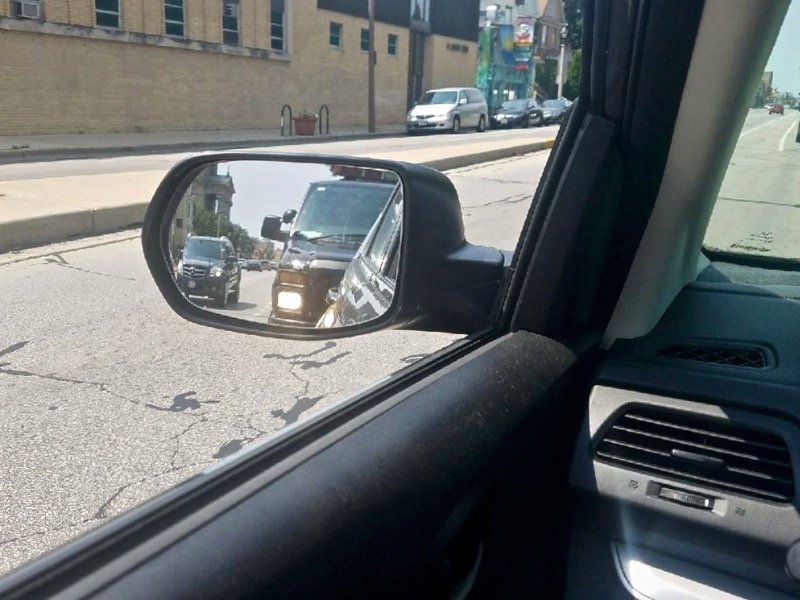One thing I'm constantly amazed by is the relationships we develop with the people that are on TV.
We feel like we know them because we invite them into our homes. We spend time with the people who present the news, either locally or nationally, every day. Sometimes they share personal moments with us, and this relationship deepens.
In the past three weeks, we have a number of examples of this:
Oct. 5, 2012: "Good Morning America" weather anchor Sam Champion announces through the ABC program's social media accounts that he is engaged to be married. Thousands of people respond to the posting on Yahoo! with their well-wishes as Champion plans to wed his partner Rubem Robierb.
Because the 51-year-old is in many households every weekday (and some weekend) mornings, the outpouring of messages has been enormous over the weekend and on air yesterday morning.
Oct. 3, 2012: Morning anchor Jennifer Livingston offered an editorial reply to a viewer email that took her to task for being overweight and a bad role model for young girls. At WKBT-TV in La Crosse, Livingston's husband, who anchors the station's early evening broadcasts, posted the email online and shared it on social media. After an outpouring of support and the posting of the rebuttal video, the story went viral.
Not only did Livingston get support in her local market – some even from the station's competition – she got support on network and cable news outlets as well. Her story, told internationally though outlets like BBC, resonated with millions of people affected with hardships of dealing with being overweight. Her personal story, and the professional manner in which she handled it, has been a touchstone issue and grew way beyond the airwaves of the Coulee Region.
Sept. 28, 2012: The helicopter is overhead near Phoenix, and it is zooming in on the action playing down below. The national Fox News picks up the local station's feed, sharing the action live as law enforcement officers go after a car at high speeds on multiple area roadways.
The chase of a suspect driver after a carjacking incident lasted more than an hour. Viewers, producers and TV anchors were riveted, including veteran broadcaster Shepard Smith.
The crew aired this event without thinking of the possibilities of a drastic outcome and how it could play out on the screen. Or, to be honest, they were thinking about it ... why the heck do we watch something like this? An individual person would deny it, but we as a group of people want to see the big wreck in a chase like this (in the business it is literally called a train wreck). The ratings prove it.
Well, Shepard Smith had to yell at the control room to cut the feed when the suspect took a gun to his head and shot himself. It aired live ... it was the big finale that news outlets will tell you that they never want to show on the air. Smith apologized, and the news outlet hasn't shown the deadly end after it aired once, either.
Why news stations don't put a feed like this on a 7-10 second delay, I'll never know. I call it irresponsible, at best.
Arguing where news outlets want to stand on airing or not airing these moments is a debate for another time. However, this is a prime example of where a live TV event, or how the lives of those on TV in the other examples, becomes personal for the viewers.
Media is bombarding us everywhere.
Instead of sheltering his brain from the onslaught, Steve embraces the news stories, entertainment, billboards, blogs, talk shows and everything in between.
The former writer, editor and producer in TV, radio, Web and newspapers, will be talking about what media does in our community and how it shapes who we are and what we do.







